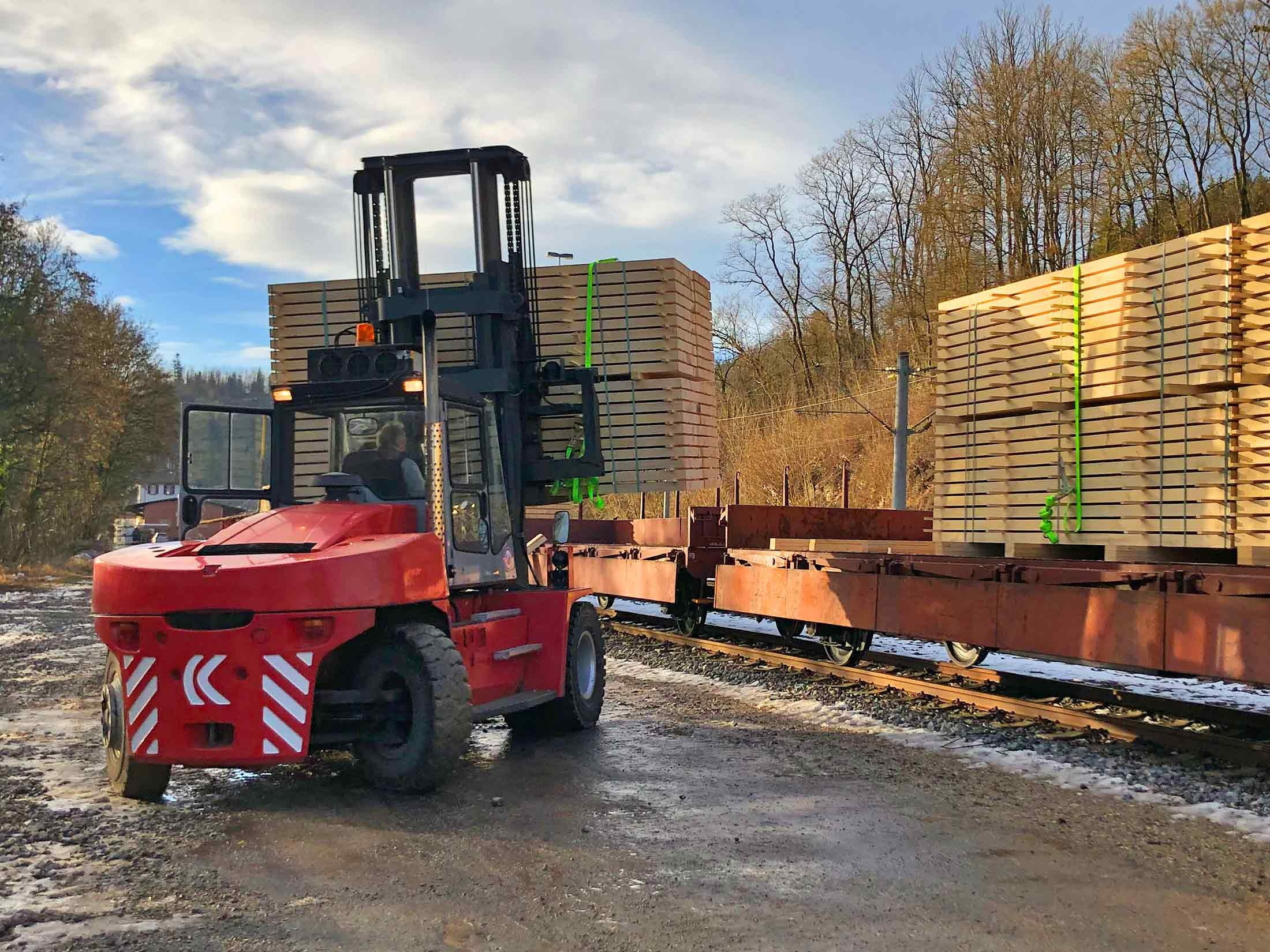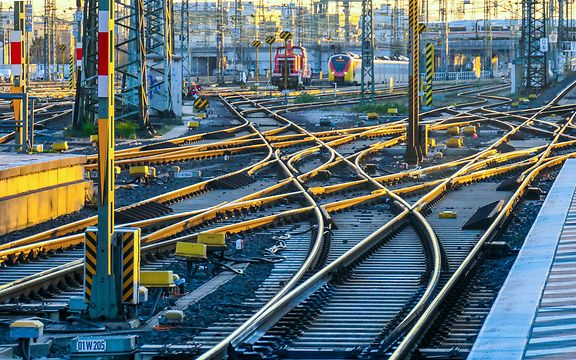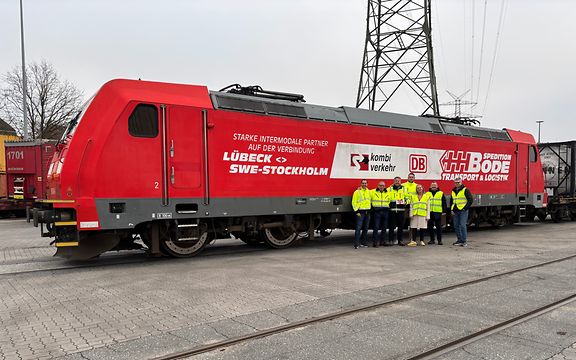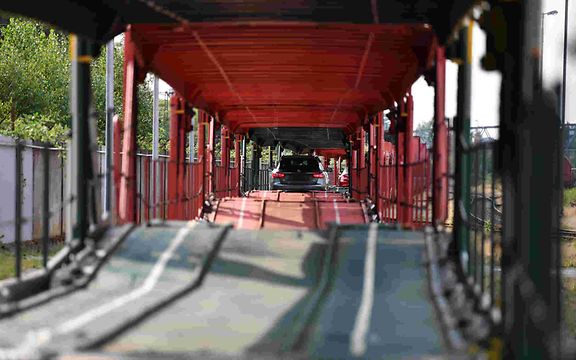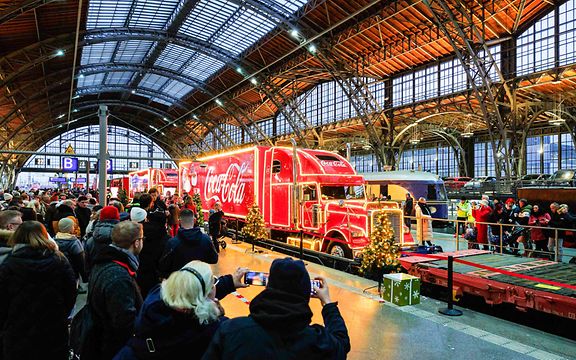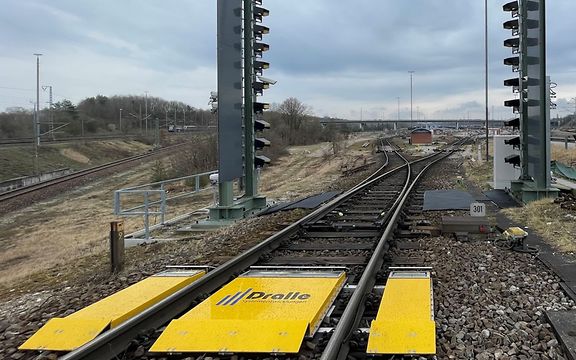Wood is booming; demand for this natural raw material is rising at an almost unstoppable rate. COVID-19 has given it an additional boost among consumers such as homeowners. At the same time, sustainability standards in the timber industry are rising, from buyers all the way to end customers. However, wood freight transported by lorry emits more CO2 than the same wood transported by rail. Shipping this sustainable raw material by rail instead promises to cut these transport emissions from timber by 80%. This makes connecting more and more timber industry customers to rail in the region around Ulm a true step towards green logistics. Austrian timber company Maresch GmbH has been working on this shift to rail with DB Cargo for years. The partnership is setting an example across the industry.
Ulm is getting greener
The Ulm area, a timber region of European standing, is home to a large number of companies that process and refine square-sawn timber. Yet most of them have no active siding of their own for shipping. Maresch used to use lorries to transport the timber to wood-processing companies. “Thanks to a rail link, our square-sawn timber’s journey to two customers in the Ulm region has been much greener since late 2021,” stresses Dieter Preiss, head of logistics at Maresch. The new concept is benefiting Holzwerke Rückerl Produktions GmbH in Pfullendorf and ASTA Holzwerk GmbH from Ziementshausen. Rückerl operates its own revitalised siding for this purpose, while ASTA has put a transhipment siding into operation in Fischach, which is only 14 kilometres away from the company’s headquarters. From there, the fresh square-sawn timber is brought to the grounds of the plant. “Sustainable management is in our corporate DNA. Opening these new freight transport points is a consistent step that feeds into that,” says Erwin Bittermann, sales manager at Maresch. Clemens Pflästerer, Head of Sales & Operations Center Timber at DB Cargo Logistics GmbH, adds: “We are happy to work with our customers on developing new transport logistics concepts that can benefit other customers, too.”
Fragile supply chains require rethinking
The pandemic has thrown the potential fragility of supply chains into sharp relief. Germany lacks thousands of lorry drivers, and there is ravenous demand for an anaemic supply of cubic capacity. By contrast, rail is always running, while offering substantially greater capacity. It’s environmentally friendly, too. “When our customers link to our rail network, it opens up new, sustainable options for them to transport their goods across national borders. This has a decisive impact on added value,” says Pflästerer.
Looking towards a sustainable future
Maresch and DB Cargo aim to keep forging ahead along this path. The two companies have been cooperating successfully since 2016. The shift in the share of timber transported by rail has seen very steep growth from the very beginning. Last year alone, DB Cargo transported a total of 3,200 wagons for Maresch loaded with 250,000 total cubic metres of square-sawn timber. This was the equivalent of nearly 7,000 lorries. Transporting the goods by rail rather than road saved Maresch from emitting some 5,618 tonnes of CO2 in 2021. What’s more, these strategic partners will continue this clear commitment to sustainability in 2022. Their ambitious goal is to move up to 3,700 wagons of square-sawn timber.
Get in touch with our expert.
Clemens Pflästerer
Head of Sales & Operations Center Timber DB Cargo Logistics
